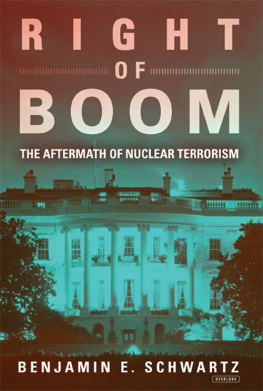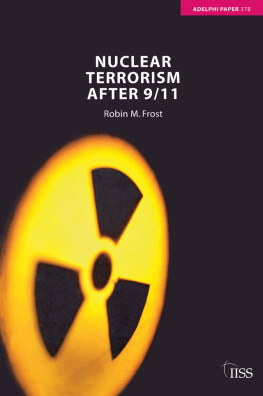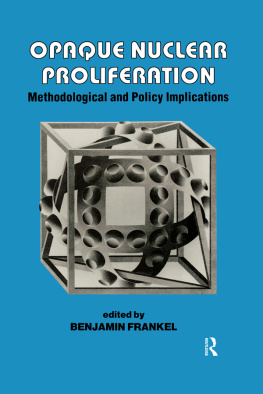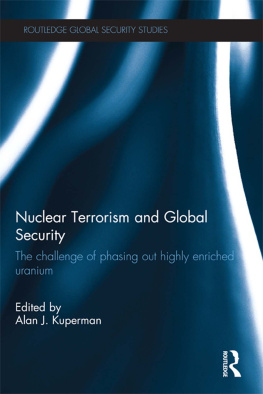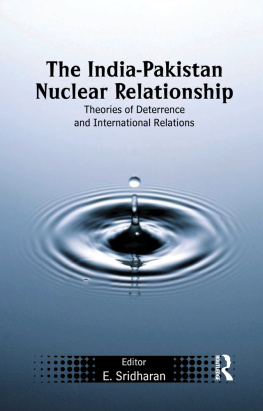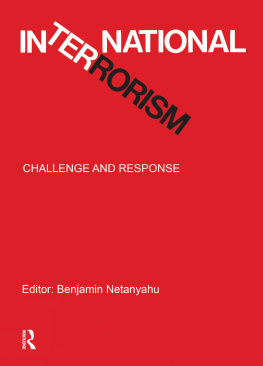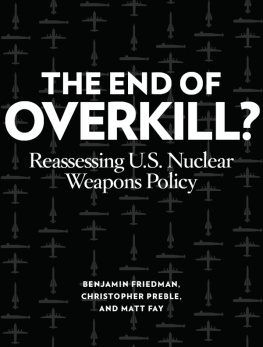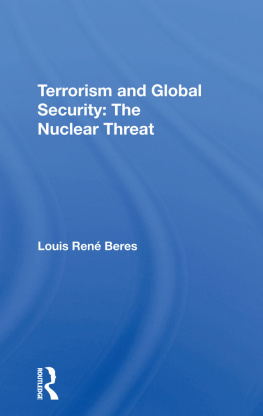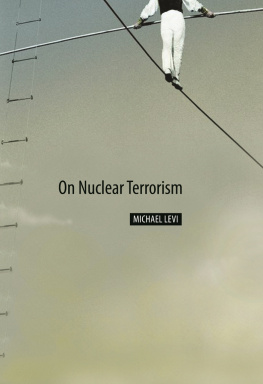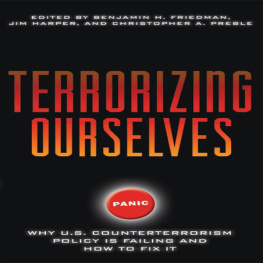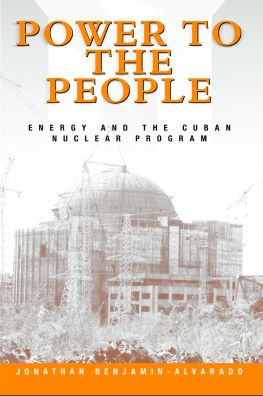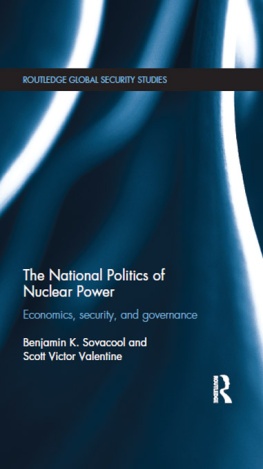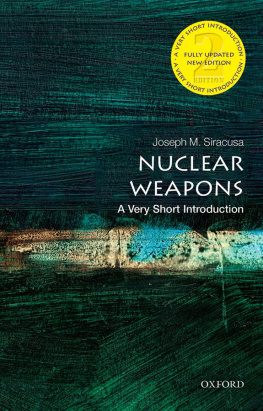This edition first published in hardcover in the United States in 2015 by The Overlook Press, Peter Mayer Publishers, Inc.
141 Wooster Street
New York, NY 10012
www.overlookpress.com
For bulk and special sales, please contact , or write us at the address above.
Copyright 2015 by Benjamin E. Schwartz
All rights reserved. No part of this publication may be reproduced or transmitted in any form or by any means, electronic or mechanical, including photocopy, recording, or any information storage and retrieval system now known or to be invented, without permission in writing from the publisher, except by a reviewer who wishes to quote brief passages in connection with a review written for inclusion in a magazine, newspaper, or broadcast.
ISBN 978-1-4683-1154-9
O N AN OTHERWISE CALM AND UNEVENTFUL MORNING, A small nuclear weapon explodes in downtown Washington, DC. The device generates a yield of fifteen kilotons, roughly the same force unleashed by the bomb Little Boy over Hiroshima. The casualty count rises to over a hundred thousand, and the destruction is measured in hundreds of billions of dollars. The blasts electromagnetic pulse burns out electrical components across the metropolitan area. Radiation leaves the center of the city uninhabitable for the first time since it was declared Americas capital in 1790, and the scientific community predicts that it will remain so for a decade. The stock market plunges as investors anticipate draconian customs regimes that will choke global trade. Fear of further attacks paralyzes America and much of the Western world.
Hours after the explosion, a little known terrorist group claims responsibility. It is the first time the president, who was not in Washington at the time of the blast, and his surviving cabinet members, including the director of national intelligence, have heard of the group. After searching intelligence databases, analysts report that the group is linked to three hostile governments, all of which have issued statements condemning the attack and denying involvement. It will take weeks for the remnants of the US intelligence community to assess that one of these three governments is probably lying, but even then the US government wont have irrefutable evidence of complicity. Unlike a ballistic missile or bomb delivered by enemy land-, air-, or seacraft, the origin of what analysts will call a container-based improvised nuclear device is difficult to determine and impossible to prove.
Nuclear forensics will ultimately provide strong evidence that the fissile material used in the device originated from the country under suspicion. Signals intelligence will record celebrations and praise of the attack by midlevel officials in that countrys military and intelligence establishment. However, the intelligence reporting taken as a whole will suggest that negligence within that countrys weapons industry and at its nuclear complexes is at least as plausible a scenario as a deliberate transfer by government officials to the terrorist group. Yet there is no conclusive reporting that points to either willful negligence or human error. Either way, there is no way to know if the transfer occurred through official policy, the machinations of a venal or ideologically motivated individual, or simple incompetence. There is almost nothing about the origins of the attack that the president of the United States knows for certain.
The world awaits a response from the White House. What happens next?
Many books have been written on the topic of nuclear weapons, and many others have been written on terrorism. A smaller but still sizable number of authors have focused on nuclear terrorism, particularly since al-Qaedas attacks of September 11, 2001. Purveyors of popular culture, from American novelists to Hollywood directors, have also addressed the subject. Author Tom Clancy envisioned terrorists targeting the Super Bowl with nuclear weapons in The Sum of All Fears in 1991. Hollywood offered us the George Clooney vehicle The Peacemaker in 1997. The acclaimed post-9/11 TV drama 24 presented a bleak, dangerous world in which terrorists were always only a few ticks away from nuclear disaster. Americans have had so much entertainment on the issue that they may feel sufficiently educated.
Yet there are very few authors, academics, or entertainers who have really thought through the scenario described above or examined in detail the question of what happens in the days, weeks, and months after such an attack. Presumably, part of the reason for this is that the US governments response to nuclear terrorism is unknowable. Ask anyone who has spent time at the White House on the National Security Council staff and they will tell you that decisions of war and peace are in no small part the product of fickle factors like the personality of the president and the people who surround him. Thoughtful national security practitioners also know that happenstance and dumb luck have a prominent role in shaping discussions in the White House Situation Room. These conditions make realistic speculation difficult to formulate. The wide range of possible scenarios and the salience of unknowable factors make it difficult to anticipate hypothetical policy prescriptions.
Another reason that this question hasnt demanded an answer is that most people understandably consider it to be far less relevant than How can nuclear terrorism be prevented? Speculating on responses to a nuclear attack is a bit like contemplating the day after any number of disasters that involve an unprecedented scale of devastation. Does the national security community focus on the US governments potential response to an asteroid striking the planet or the aftermath of a war between China and the United States? It does not, because these types of scenarios fall into the realm of the surreal or at a minimum envision a situation in which there is such massive social disruption and such a severe diminution of US government capacity that it is difficult to even know where to begin. Admitting the limits of American power, particularly the hard power of the US military and intelligence community, is also not a popular pastime. A politician would need to be unusually brave to publicly focus on the day after an act of nuclear terrorism instead of the days before. Accepting nuclear terrorism is an unacceptable position, his opponents would surely retort.
There are also no precedents, history, or cases of nuclear terrorism to provide context or demand consideration. Peopleparticularly pundits and politicianswho have not studied much history often use the term unprecedented to describe the unfamiliar, but the scenario laid out above is truly something new under the sun. Since a successful nuclear terrorism event has not happened before, and it is not happening now, there is less appetite for thinking deeply about it than there is for considering more traditional security issues. From the sinking of the Lusitania by a German U-boat, to the Japanese empires attack on Pearl Harbor, to al-Qaedas attacks that culminated in the events of 9/11, Americans are conditioned to contemplate surprise attacks and expect that the US government can respond swiftly and severely, to manifest the prediction made by Japanese admiral Isoroky Yamamoto that a surprise attack against America would awaken a sleeping giant.


